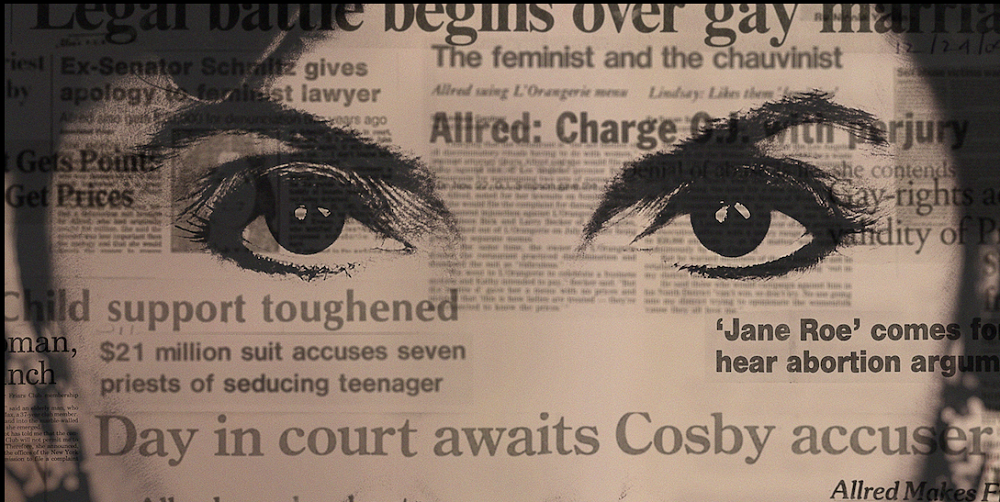LA Latina Wendy Carrillo Makes A Strong Bid For Xavier Becerra Seat In April 11 Election
/Los Angeles Latina Wendy Carrillo is one of 23 contenders, running in a special election that will happen April 11 to replace Xavier Becerra, now California's attorney general after Kamala Harris was elected Democratic Senator from California.
If no candidate receives more than 50 percent of the vote, the top two contenders will face each other in a runoff race on June 6. If elected, Carrillo would represent the 34th district of California, which includes Los Angeles neighborhoods like Echo Park, Koreatown, and Boyle Heights, where Carrillo went to high school and recently bought a home.
Now come two firsts. 1) If elected, Carrillo would be the first formerly undocumented woman in Congress. 2) As a candidate, she would be the first person running for national office to receive the support of the organizers of the January women's march.
Days before the January 21 march -- considered the largest ever both in DC and in total across America -- Wendy Carrillo, the 36 year-old-activist -- took a life-changing phone call, one that put her on a plane to Washington where she would be the only political candidate speaking before the approximately 500,000 people gathered in nation's capitol over inauguration weekend.
As a nonprofit, the organization can't endorse candidates but Carrillo says the support from four national co-chairs and the artistic director Paola Mendoza, who worked with her for eight years. "I think it's a testament to the power that we're feeling right now in the streets," Carrillo says. "The Women's March has the potential to have incredible impact in this election and across the country." Carrillo is the first national political candidate to be endorsed by all the co-chairs and the artistic director of the Women's March.
Mendoza says that when it came time to plan the speakers' lineup for the March, the list of people interested was overwhelming. But they chose Carrillo because she was fighting to improve lives in the community she grew up in. "What we attempted to do with the Women's March was to choose people who were really working from a very authentic space," says Tamika Mallory, national co-chair of the march. "She was exactly the type of person we needed to have on the program―not just talking the talk, but walking the walk."
Elle explains:
When she was just five years old, Carrillo fled civil war and violence in El Salvador, moving to East Los Angeles with her mother. She calls herself an "unrecognized refugee," because the U.S. government did not accept her family's request for asylum. Carrillo only learned she was undocumented when she was 13. When she reached her early 20s, after lots of work, she became a U.S. citizen. After that, she spoke out about social justice and environmental issues, both as a journalist and radio host and behind the scenes in the political world. Even still, she never went public about her own struggles until she decided to run for office.
The moment was poetic really. Carrillo had been reporting from Standing Rock, South Dakota for about two months -- totally disillusioned about the place of government in solving the problems around the Dakota Access pipeline. Leaving Standing Rock, the activist heard about Becerra's open seat. By the time she got to Mount Rushmore and found herself staring at sculptures of four former presidents (presumably Trump will launch his national campaign soon) hundreds of people had left FB messages urging Carrillo to run and promising to support her.
The rest is history.
Carrillo has some strong words of advice for women like her who felt inspired to run for office post-Trump. "I'm not waiting for someone to tap me on the shoulder and tell me it's my turn," she says. "As women we have too much self-doubt about our skill set and what we're capable of. And ultimately it is not okay to just simply run, we need to win."
Her dedication to people got Carrillo the endorsement of the chairman of Standing Rock Sioux Reservation.
































































